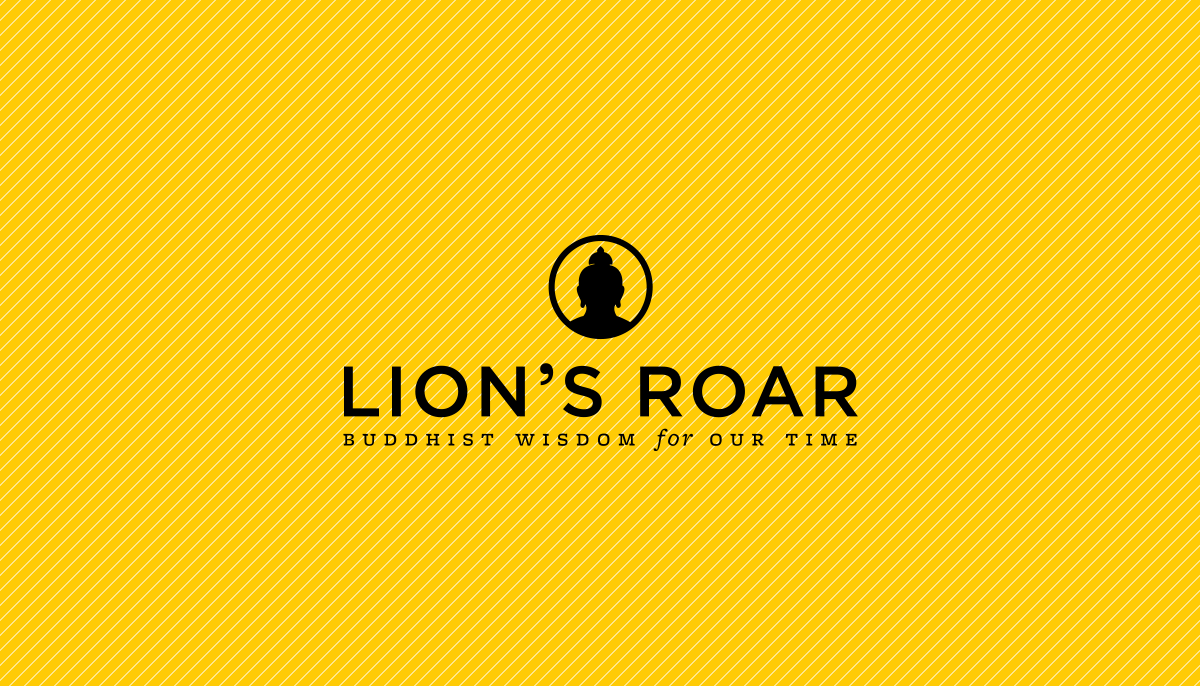I like to get a little out of it now and then, but I don’t like to get too out of it too much, and thus my rule is to do as little as possible of any intoxicants, including caffeine. I do tend to do too much, though I don’t beat myself on the head for my excesses. I just pick myself up and keep going.
I see the precepts, including the fifth one, Refrain from taking intoxicants, as warning signs around certain areas of conduct—not absolute commandments but flashing lights suggesting we be careful and wary. We don’t want to hurt ourselves or others, so we should take heed.
There’s a quote attributed to Bodhidharma which goes, “Self-nature is subtle and mysterious. In the realm of the intrinsically pure dharma, not giving rise to delusions is called the precept of not giving or taking drugs.” I remember Shunryu Suzuki giving a lecture on the precepts back in the sixties. When he got to the precept on intoxicants, which in the version he was using read “not to sell” drugs, he said, “This means not to sell Buddhism.” Suzuki said this even though we were largely a group of former and not-so-former libertine beatniks and hippies. I took it that he knew we knew not to consciously mix Buddhist practice with alcohol, pot or LSD. We knew, at least, not to come to the zendo high—that was clear. What we didn’t know was how pervasive intoxication is. Late in his life, upon his return from a visit to Japan, Suzuki said that Marx was right—religion is the opium of the masses.
I think that readers of Buddhadharma, like Suzuki’s students, might not need much advice in the realm of drugs and alcohol. If things get out of hand we know how to back off or go to AA or to otherwise seek help from friends and sources within or without our sanghas. But in our ideas about Buddhism, religion, practice, meditation, reality, form and emptiness, ourselves and each other—this is where we struggle and flounder.
What are intoxicants? To be intoxicated literally means “to be poisoned.” Anthropologist and social scientist Gregory Bateson (1904-1980) said that everything is intoxicating, that it’s just a matter of the level. The three poisons are greed, hate and delusion. In America, possibly due to our puritanical roots, we tend to place what seems to me an inordinate emphasis on the harm caused by greed, while giving scant attention to the byproducts of hate and delusion. I gather that both Buddha and Jesus were more concerned with the latter two. Buddha clearly said that greed was of minor importance, and that hate and delusion were of major importance. Jesus emphasized love, forgiveness, turning the other cheek, and reigning in one’s judgments of others.
A Buddhist buddy of mine says that one can, for the sake of this discussion, divide practitioners into two camps: those on the path of purification and those on the path of transformation. One problem is that both camps are judged by the standards of the first. At times I look at how we relate to each other and see it as a tug of war between the greed-types and the hate-types, or between the urges to embrace and reject within each of us. The hate camp, I fear, tends to win—rejection seems stronger than acceptance. The war on (some) drugs can be seen this way, as the Prudes versus the Indulgents.
But here, those intoxicated with opposition to insobriety appear to cause greater harm than those they are trying to control. I find it interesting and disturbing that when fundamentalists get together, many of them focus their talk on the habits of others and how to stop them from doing this and that, concentrating on the motes in the others’ eyes while ignoring the beams in their own. I suppose that the most hideous drunkenness today is our tendency toward solving problems with violence, but that is closely followed by the persecution of individuals who get high and/or do immoral things. This is to me a form of religious persecution. Surely, from the standpoint of spiritual growth, it’s better not to get high and be immoral, but to me it’s much better not to judge others or try to limit, control and subjugate them.
The Greeks gave us a positive way of looking at the human story as the play between Dionysus, the god of wine and having a good time, and Apollo, the god of the sun and keeping things in order. They stressed the need for a balance between the two. I like this idea and pray that each of us finds our own balance. May we do so while causing as little harm as possible to ourselves and others.

